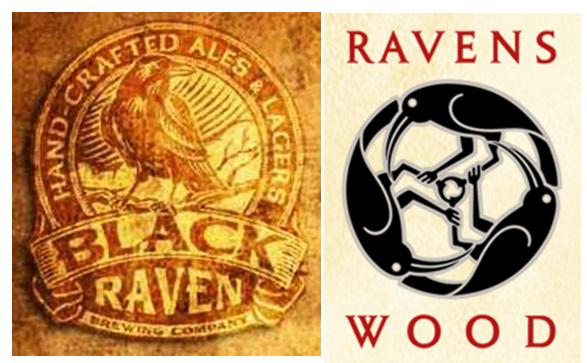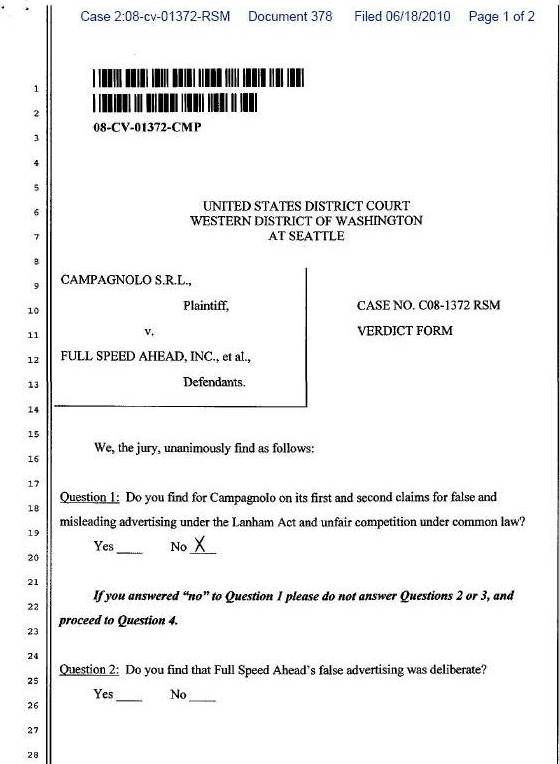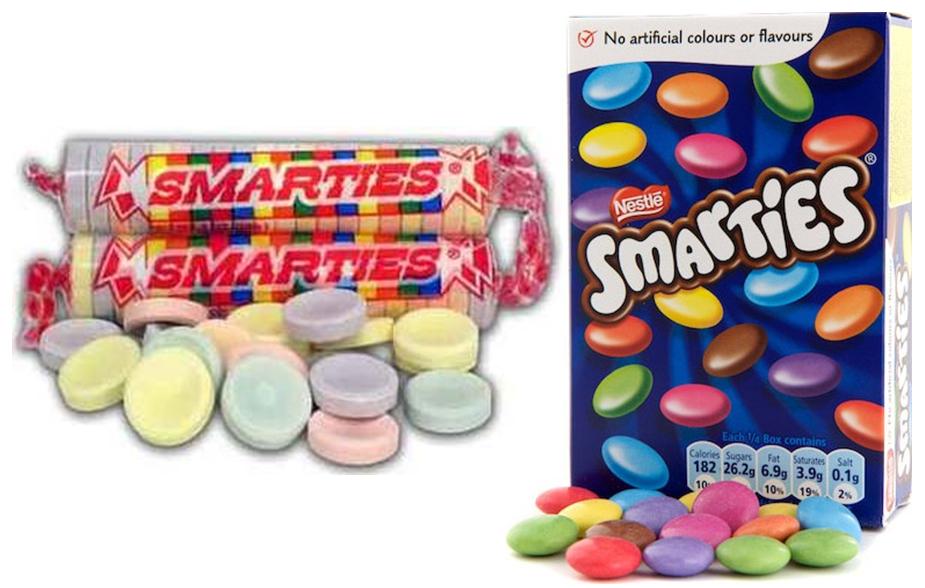Entries by Michael Atkins (1064)
A Brand Symbolizes a Seller's Credibility
The lead into this article in today’s Oregonian captures the value of a trademark.
“Customers swore the credibility of G.I. Joe’s name was the reason they shopped at the longtime sporting goods retailer and when it was changed, the reason they stopped.
“That name — and the ideals and spirit it represented — was at the heart of efforts earlier this year by four former G.I. Joe’s executives to bring back the bankrupt and liquidated chain.”
The story goes on to talk about how a recent trademark infringement lawsuit sidetracked an effort to resurrect the bankrupt sporting goods store’s brand.
Good story, but for me what’s neat is the media’s recognition that a brand is what consumers value. It’s the reason why they make repeat purchases. It’s why consumers are loyal.
It’s also cool how brands work. Companies want to reap the benefits of customer loyalty. That motivates them to maintain the value of goods sold under the brand. Everybody wins.
Trademark Law 101, sure, but it’s still pretty cool.
Redmond's Black Raven Brewing Company Loses TTAB Fight with Winery
 BeauxKat’s (left) and Franciscan’s raven logos
BeauxKat’s (left) and Franciscan’s raven logos
Redmond, Wash.’s BeauxKat Enterprises, LLC, filed an intent-to-use application to register BLACK RAVEN BREWING COMPANY as a trademark with the Patent and Trademark Office for beer with “brewing” and “company” disclaimed.
Franciscan Vineyards, Inc., opposed on an alleged likelihood of confusion with its prior registrations for RAVENSWOOD, RAVENS WOOD, RAVENS, RAGIN’ RAVEN, and a stylized raven bird design for wine, clothing, and sauces.
On June 21, the Trademark Trial and Appeal Board sustained the opposition.
“We find that the du Pont factors, on balance, weigh in favor of a finding of likelihood of confusion. We conclude that consumers familiar with opposer’s wine sold under the mark RAVENS, would be likely to believe, upon encountering applicant’s mark BLACK RAVEN BREWING COMPANY for beer, that the goods originate from or are associated with or sponsored by the same entity.”
The Seattle-based Brewery Log Blog calls the decision “somewhat of a travesty,” noting the TTAB continues to lump beer and wine together, which could cause problems for both industries.
“This country has a glut of wine and beer producers,” it argues. “Many have extremely similar names (i.e. Stone Cellars v. Stone Brewing; Fat Cat Beer v. Red Cat Wine; Sea Dog, Laughing Dog, Lazy Dog, Spotted Dog and [a] whole mess of other dog breweries and wineries). This could open the floodgates for more challenges in between these two industries.”
Well, I wouldn’t say floodgates, and I question the precedential value of the decision, but TBLB’s point is well taken. And props for watching the TTAB!
The case cite is Franciscan Vineyards, Inc. v. BeauxKat Enterprises, LLC, Opposition No. 91181755 (TTAB June 21, 2010).
Jury Finds for Defendant in Bicycle Component False Advertising Case

The jury’s in.
On June 18, the Western District jury in the Campagnolo S.R.L. v. Full Speed Ahead false advertising case found for the defendant.
Campagnolo had claimed the Seattle-based maker of bicycle components made false representations about the stiffness-to-weight ratios of the parties’ bicycle cranksets. (See most recent STL’s post about the case here.)
The jury unanimously found that Campagnolo failed to establish its claims for false advertising, common law unfair competition, or violation of the Washington Consumer Protection/Unfair Business Practices Act, awarding the plaintiff nothing.
The case cite is Campagnolo S.R.L v. Full Speed Ahead, Inc., No. 08-1372 (W.D. Wash. June 18, 2010).
Revisions to Rule 26 Will Change How Parties Work with Expert Witnesses
Unless Congress intervenes, new rules will go into effect Dec. 1 that will change how federal practitioners work with expert witnesses, including survey and other experts with whom trademark practitioners regularly work.
There are two main revisions.
The first requires parties to disclose a summary of the facts and opinions to be addressed by an expert witness who is not required to provide a report under Rule 26(a)(2)(B), including employee-experts and “hybrid” experts who have factual knowledge of the underlying dispute.
The other proposed revision broadens the attorney work-product doctrine to protect against the disclosure of attorney-expert communications, and the disclosure of drafts of expert reports and the proposed new disclosure required of employee and hybrid experts. However, the protection expressly does not extend to communications about the expert’s compensation, communications that identify facts or data the attorney provided and the expert considered in forming his or her opinions, and communications that identify assumptions the attorney provided and the expert relied on in forming his or her opinions.
The rules were first proposed in Sept. 2009 and were adopted by the Supreme Court in April 2010.
See the Civil Rules Advisory Committee Report for further detail and a redline of the proposed revisions.
Amazon's Importing Nestle's "Smarties" Candy Upsets U.S. Candy Seller
 Ce De Candies’ (left) and Nestle’s “Smarties” candies
Ce De Candies’ (left) and Nestle’s “Smarties” candies
Ce De Candies, Inc., sells its popular SMARTIES tart sugar candy throughout the United States. It began such use in 1950 and obtained a federal registration for SMARTIES for candy in 1965.
Presumably because Ce De has priority, Nestle, S.A., sells its popular SMARTIES coated chocolate candy outside the United States.
However, some companies import the Swiss company’s SMARTIES candy into the United States, something that bothers Ce De, which is headquartered in New Jersey.
Amazon.com is one such importer, which sells both products.
On June 17, Seattle’s National Public Radio affiliate, KUOW, reported that Ce De has demanded that Amazon stop importing Nestle’s product. The story says that Amazon initially complied with the demand but has resumed sales.
UW School of Law’s Signe Naeve likens the dispute to Tiffany’s recent suit against eBay over the sale of counterfeit product on its site.
“Tiffany was very upset and wanted eBay to be responsible for taking those [counterfeit products] down and for monitoring those,” she said, “and the court ultimately said it wasn’t eBay’s responsibility to sort out the legitimate versus the illegitimate uses, but it really put the burden back on Tiffany and less on eBay as the host of the site.”
This, she thought, may bode well for Amazon.
It remains to be seen what Ce De will do if Amazon continues its sales.
I learned today that Ce De Candies filed suit against Amazon.com in the District of New Jersey on June 3. Complaint here.